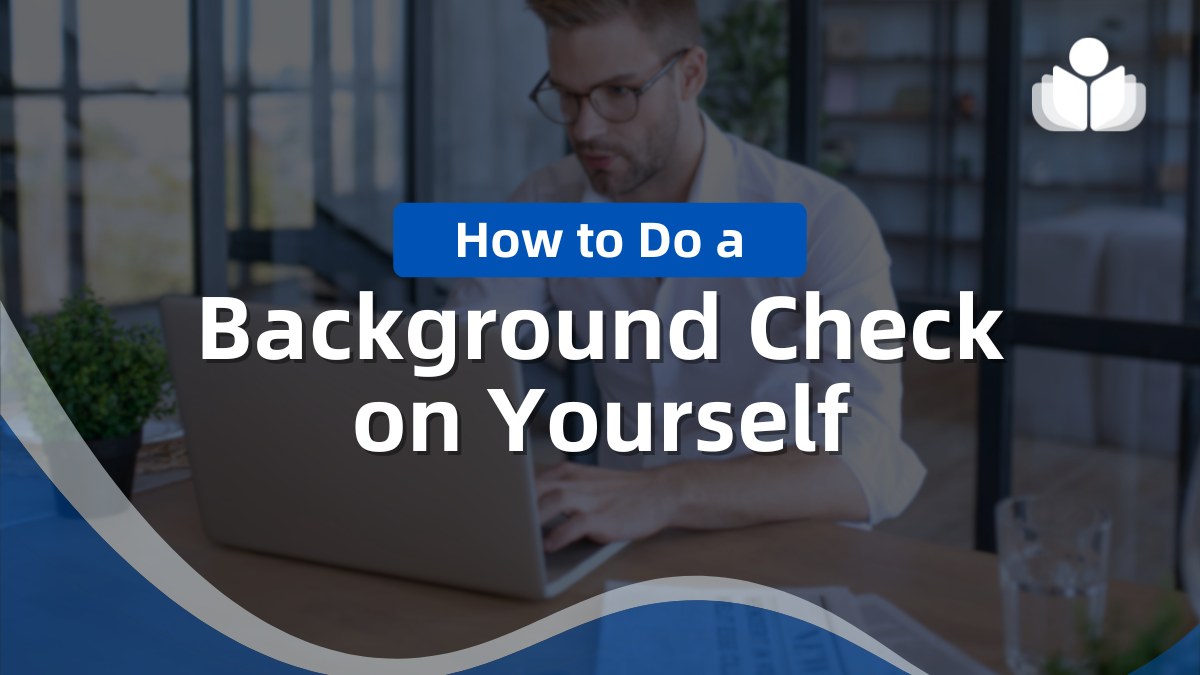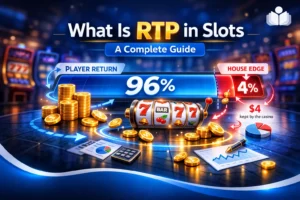Conducting a background check on yourself can benefit job seekers, renters, and anyone who wants to verify the accuracy of their records. By doing a self-background check, you can identify potential issues before an employer or landlord does, correct inaccuracies, and ensure your information is current. This guide will walk you through the steps to perform a thorough background check on yourself.
Why Conduct a Background Check on Yourself?
Performing a background check on yourself allows you to:
- Identify Errors – Ensure your records are accurate and correct any discrepancies.
- Prepare for Job Applications – Know what employers will see when they check your background.
- Check for Identity Theft – Detect any unauthorized use of your personal information.
- Verify Criminal and Credit Records – Ensure your financial and legal records are correct.
Steps to Conduct a Background Check on Yourself
Check Your Criminal Records
Many employers, landlords, and even financial institutions review criminal records. You can check your own by:
- Using Online Databases – Many states have free or low-cost databases where you can search for your criminal record.
- Requesting an FBI Criminal Background Check – You can request a copy of your Identity History Summary from the FBI.
- Visiting Your Local Police Department – Some jurisdictions provide local criminal background reports upon request.
Review Your Credit Report
Your credit history is a crucial part of your financial background. To check your credit report:
- Obtain a Free Annual Credit Report – Visit AnnualCreditReport.com to get a free copy of your credit report from Equifax, Experian, and TransUnion.
- Check for Errors – Look for any inaccurate information, such as incorrect accounts or fraudulent activity.
- Monitor Your Credit Score – Use services like Credit Karma, Experian, or your bank’s credit monitoring tools.
Verify Your Employment History
Employers often verify work history through background check services. To ensure your employment records are accurate:
- Review Your Resume – Compare your work history with official documents like W-2s and pay stubs.
- Check Social Security Records – The Social Security Administration (SSA) provides earnings statements that show your recorded income.
- Use Background Check Services – Services like BeenVerified or PeopleLooker can help confirm your past employment.
Search Public Records
Public records can include court records, bankruptcies, liens, and property ownership information. To check your public records:
- Use Local Government Websites – Many counties and states have online public record searches.
- Check Court Records – Visit state or federal court databases to check for any legal cases linked to your name.
- Search Property Records – If you own property, verify your records through your county’s assessor’s office.
Review Your Social Media Presence
Employers and landlords often review social media profiles to understand a person’s character. To manage your online presence:
- Google Yourself – Search your name to see what appears publicly.
- Check Privacy Settings—If you don’t want employers or others to see your activity, ensure your social media accounts are set to private.
- Remove Unwanted Content – Delete or hide any posts or photos that may be viewed negatively.
Verify Your Driving Record
If you are applying for a job that requires driving, your employer may check your driving record. You can obtain a copy by:
- Requesting It from the DMV – Most state Departments of Motor Vehicles (DMV) allow individuals to request their driving history.
- Using Third-Party Services – Some online services provide quick access to driving records for a small fee.
Check Your Education Records
Employers and institutions may verify your education history. You can confirm your records by:
- Requesting Transcripts – Contact your high school, college, or university to obtain official transcripts.
- Using Verification Services – Some background check companies offer education verification.
- Checking Online Directories – Some schools maintain online directories that allow alumni verification.
Best Background Check Services for Self-Verification
If you want a comprehensive background check, consider using a professional service:
BeenVerified
BeenVerified provides criminal records, employment history, social media reports, and more. It gathers data from multiple public sources and presents it in an easy-to-read format. BeenVerified offers monthly subscriptions and allows users to run unlimited reports.
PeopleLooker
Offers background reports, contact information, and insights into online activity. It focuses on user-friendly navigation and allows individuals to conduct searches on people, including checking employment and social media history.
TruthFinder
In-depth background reports, including court records, social media analysis, and deep web searches. TruthFinder is known for its comprehensive search capabilities and provides information on criminal history, relationships, and known associates.
Instant Checkmate
Great for checking criminal and traffic records, financial history, and employment verification. It’s widely used for personal background checks and provides detailed reports, including arrest records, bankruptcies, and traffic violations.
Intelius
Provides public records searches, employment history, and educational background. It’s commonly used for employment verification and personal research, offering reports that include address history and property ownership details.
DISCLAIMER: You may not use BeenVerified, PeopleLooker, TruthFinder, and Instant Checkmate or the information they provide to make decisions about consumer credit, employment, insurance, tenant screening, or any other purpose that would require FCRA compliance. They don’t provide consumer reports and aren’t a consumer reporting agency. (These terms have special meanings under the Fair Credit Reporting Act, 15 USC 1681 et seq., (“FCRA”), which are incorporated herein by reference.)”
What to Do If You Find Errors
If you discover incorrect information in your background check, take the following steps:
- Dispute Credit Report Errors – Contact the credit bureau to correct inaccuracies.
- Fix Criminal Record Mistakes – Contact the reporting agency or relevant court to correct errors.
- Update Employment Records – Provide accurate records to former employers if needed.
- Manage Online Reputation – Request content removal from websites or update privacy settings.
FAQs
How Can I Check My Background for Free?
Some government websites allow you to access your records for free, such as AnnualCreditReport.com for credit reports and local court databases for legal records.
Will a Background Check Show My Entire Employment History?
A background check will typically show employment history verified by past employers but may not include every job, especially freelance or gig work unless reported to tax agencies.
Can I Remove Incorrect Information From My Background Report?
Yes, you can dispute inaccuracies with the reporting agency, credit bureaus, or relevant institutions to correct errors in your background check.
How Long Does a Background Check Take?
Most background checks take between 1-5 business days, depending on the type of records being searched and the service used.
Do Employers Check My Social Media Profiles?
Yes, many employers review publicly available social media profiles to assess professionalism and conduct.
Conclusion
Performing a background check on yourself is a proactive way to ensure accuracy, correct any errors, and prepare for job applications or rental agreements. By following these steps and using reputable background check services, you can stay ahead of potential issues and maintain a clean and accurate record.
DISCLAIMER: You may not use the non-FCRA approved services mentioned in this article or the information they provide to make decisions about consumer credit, employment, insurance, tenant screening, or any other purpose that would require FCRA compliance. These services don’t provide consumer reports and are not consumer reporting agencies. (These terms have special meanings under the Fair Credit Reporting Act, 15 USC 1681 et seq., (“FCRA”), which are incorporated herein by reference.)
The information available on our website may not be 100% accurate, complete, or up to date, so do not use it as a substitute for your own due diligence, especially if you have concerns about a person’s criminal history. The services we mention do not make any representation or warranty about the accuracy of the information available through our website or about the character or integrity of the person about whom you inquire. For more information, please review each service’s Terms of Use.
 Sections of this topic
Sections of this topic
















